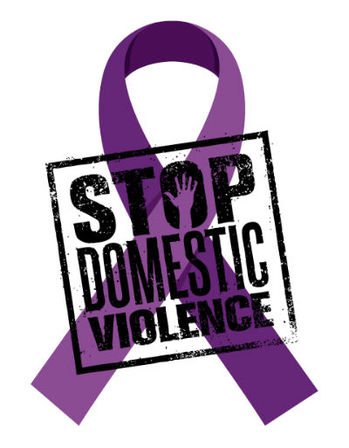
As many as one-third of all women and one-quarter of all men will experience domestic abuse in their lifetimes. As part of Domestic Violence Awareness Month, we thought it would be helpful to answer some questions about protection from abuse orders. Commonly referred to as restraining orders, these are civil orders issued by judges to help prevent violence between intimate partners and family members.
These orders prevent the abuser from being near the victim or contacting them.& ;If you are in danger, please contact 911. If you are considering a protection order but have some questions, please read on.
Will a piece of paper really protect me?
You may have heard differing opinions on whether a protection from abuse order is effective. Evidence and research suggests that PFOs do help to prevent violence. The effectiveness can be increased if you report every violation immediately. In addition, other precautionary measures may help, including going to a safety shelter or to a friend or family member where the abuser is unlikely to look for you. Here are some tips on creating a safety plan that can be used, along with a civil protection order, to help ensure you and your children are safe.
Are there going to be criminal charges?
Whether police begin an investigation or prosecutors decide to charge someone with domestic assault is not based on the wishes of the victim. It is up to authorities to decide whether to charge anyone with a crime based on the evidence present.
However, obtaining a PFO against an intimate partner is not a criminal matter – it is a civil one. Successfully taking out a PFO does not mean your partner will be charged with a crime or is criminally guilty. It also does not necessarily decide custody if you are involved in a divorce or custody dispute, although that evidence will certainly be used by the court to make a decision.
How long does it last?
Emergency protection from abuse orders are very temporary. These are given when courts are closed, and usually last until the courts open. Once they do, you can get an “ex parte” PFO, which means the judge will issue the order based on the information you provide – your abuser will not be present. These last until a final hearing can be scheduled, usually for approximately 10 days. A final PFO order can last up to three years.
We hope this information is helpful for you or a loved one, and please be safe.

